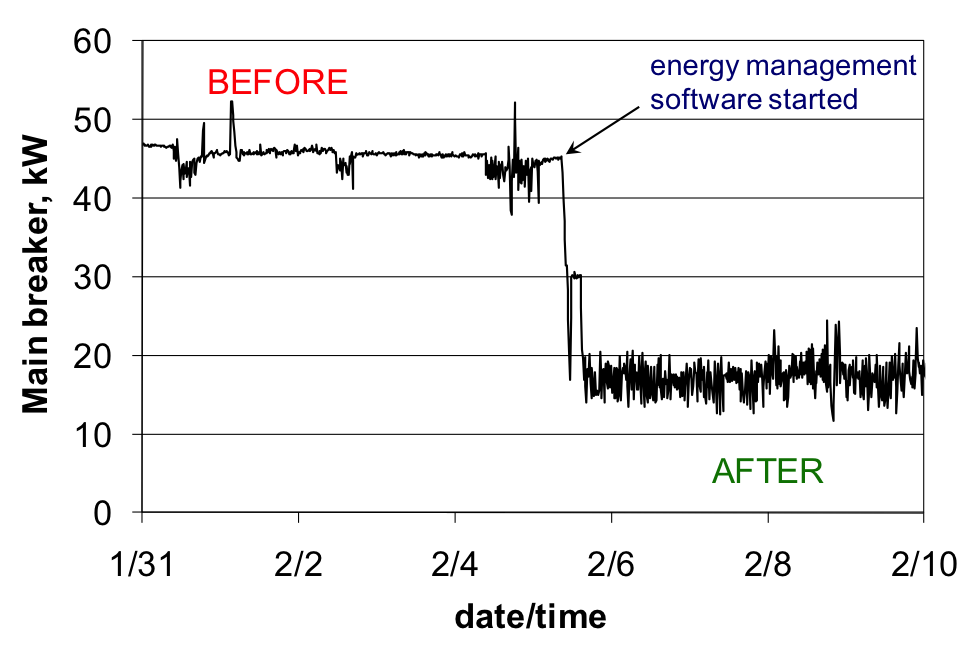Data Center Cooling Systems Return
Unexpected Maintenance Cost Savings
Advanced cooling management in critical facilities such as
data centers and telecom central offices can save tons of energy (pun
intended). Using advanced cooling management to achieve always-ready,
inlet-temperature-controlled operation, versus the typical always-on,
always-cold approach yields huge energy savings.
But energy savings isn’t the only benefit of advanced cooling management. NTT America recently took a hard look at some of the
direct, non-energy savings of an advanced cooling system. They quantified
savings from reduced maintenance costs, increased cooling capacity from
existing resources, improved thermal management and deferred capital
expenditures. Their analysis found that the non-energy benefits increased the total dollar savings by one-third.
Consider first the broader advantages of reduced maintenance costs. Advanced cooling management identifies when CRACs are operating
inefficiently. Turning off equipment that doesn’t need to be on reduces wear and tear. Equipment that isn’t running isn’t wearing out. Reducing wear and tear reduces the chance of an unexpected failure, which is always something to avoid in a mission-critical facility. One counter-intuitive result of turning off lightly provisioned CRACs is that inlet air temperatures are reduced by a few degrees. Reducing inlet air temperature also reduces the risk of IT equipment failure and increases the ride-through time in the event of a cooling system failure.
The maintenance and operations cost savings of advanced cooling
management is significant, but avoiding downtime is priceless.


